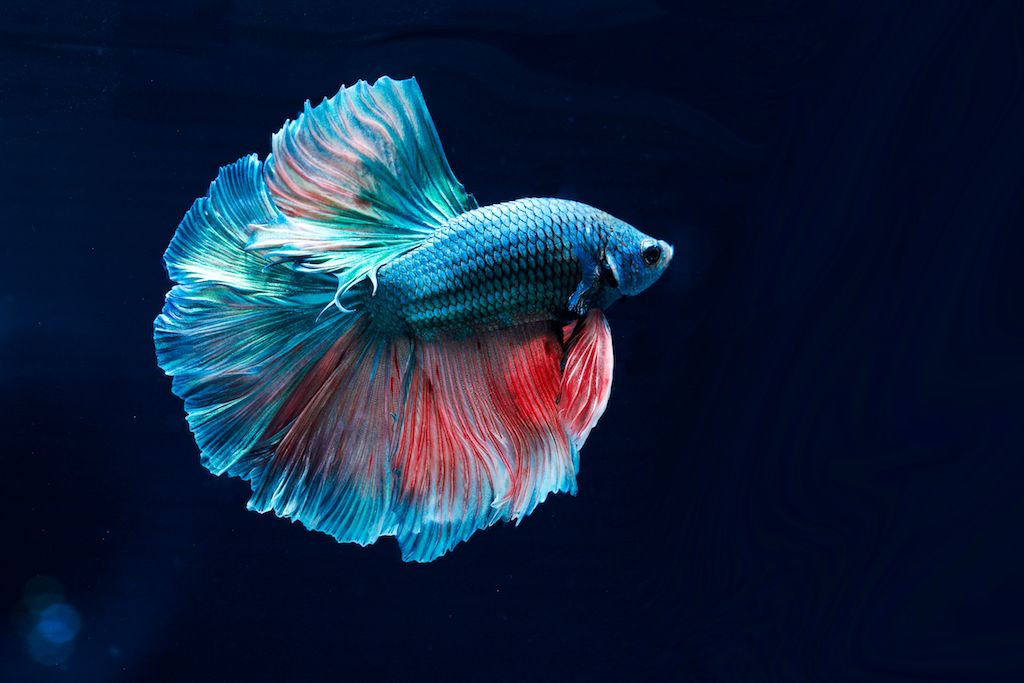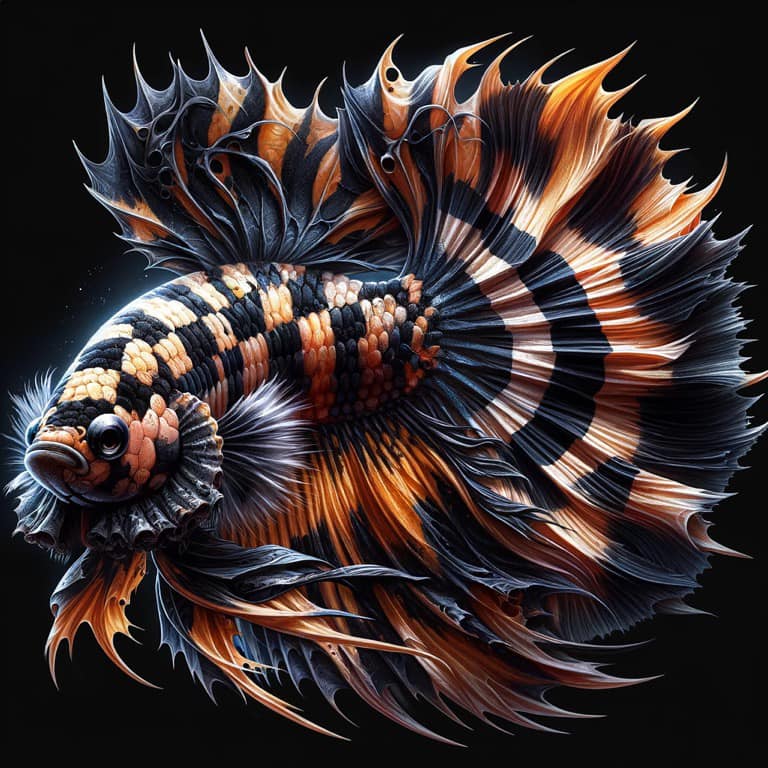Usual Betta Fish Conditions and Exactly How to Prevent Them
Usual Betta Fish Conditions and Exactly How to Prevent Them
Blog Article
Everything About Betta Fish: Recognizing Their Unique Needs, Actions, and the Ideal Practices for Ideal Treatment
Understanding the unique demands and actions of Betta fish is crucial for any aquarist looking to offer optimum treatment. These captivating creatures, native to the warm waters of Southeast Asia, exhibit distinct territorial tendencies and call for specific ecological conditions to prosper. From selecting the right tank dimension to acknowledging possible wellness concerns, different factors dramatically influence their well-being. As we check out these elements even more, the effects for both newbie and seasoned fish keepers end up being significantly obvious, questioning about exactly how finest to accommodate these remarkable fish in our homes.
Betta Fish Overview
Although usually admired for their lively colors and streaming fins, Betta fish, scientifically called Betta splendens, are complex animals that require certain like prosper. Stemming from Southeast Asia, these freshwater fish are known for their territorial nature and unique actions. Betta fish show sexual dimorphism, with males displaying a lot more vibrant colors and longer fins than ladies.
Their hostile tendencies, particularly amongst men, demand careful factor to consider when real estate them. Bettas are often maintained in single-specimen storage tanks to avoid territorial disputes. However, they can exist together quietly with certain suitable varieties in larger area storage tanks, provided the environment meets their demands.

To guarantee optimum care, aquarists need to comprehend their distinct behavior characteristics, nutritional requirements, and habitat needs. betta fish. With correct attention, Betta fish can exhibit their dynamic individualities and thrive in a well-kept aquarium setting
All-natural Environment and Setting
Betta fish prosper in a diverse series of all-natural environments, primarily found in the shallow waters of Southeast Asia, consisting of rice paddies, swamps, and slow-moving streams. These settings are defined by cozy temperature levels, normally in between 75 ° F and 82 ° F(24 ° C and 28 ° C ), and a pH level varying from 6.5 to 7.5, which is suitable for their health and health.
In their natural environments, Betta fish are accustomed to thick greenery, giving both shelter and breeding premises. The presence of plants such as drifting water lilies and thick lawns not only provides protection from predators but likewise adds to the oxygenation of the water, which is necessary for their respiratory needs. Furthermore, these atmospheres frequently have locations of still water, allowing Betta fish to show their all-natural behaviors such as bubble nesting.
Recognizing the natural environment of Betta fish is essential for fish tank fanatics. Replicating these problems-- via water temperature level, pH equilibrium, and the addition of real-time plants-- can significantly improve the general health and wellness and durability of these fascinating fish, guaranteeing they flourish in a home fish tank setup.
Social Actions and Interactions
Comprehending the social actions and interactions of Betta fish is necessary for successful aquarium management. Betta fish, or Siamese fighting fish, are recognized for their special behavior qualities, characterized largely by territoriality and aggressiveness.
Alternatively, women Bettas exhibit much less hostile habits and can exist together in groups, referred to as sororities, if presented appropriately. It is vital to check their interactions closely, as pecking order pop over to this site and supremacy can lead to problems. Comprehending the dynamics within a Betta community is vital; establishing concealing spots and ensuring adequate room can mitigate aggressiveness.
Furthermore, Betta fish may additionally show interest and social habits in the direction of other varieties. While they can coexist with particular non-aggressive storage tank companions, it is important to pick suitable species to stay clear of stress and anxiety and hostility. On the whole, identifying these social interactions is crucial to cultivating a harmonious fish tank atmosphere for Betta fish.
Necessary Treatment Guidelines
Giving appropriate treatment for Betta fish is crucial to their health and wellness and well-being. To make certain a growing environment, it is important to keep optimal water problems. The water temperature level need to be kept in between 76 ° F and 82 ° F(24 ° C to 28 ° C), while pH levels must range from 6.5 to 7.5. Regular water modifications-- approximately 25% weekly-- assistance preserve water quality.
Betta fish require an appropriate storage tank dimension; a minimum of 5 gallons is suggested to give ample area for swimming and hiding. Include decors and plants to produce a revitalizing setting, however avoid sharp things that might harm their fragile fins.

Finally, make certain the storage tank is furnished with a filter to maintain the water clean, however utilize a mild filter to avoid solid currents that can emphasize the fish. By complying with these vital treatment guidelines, owners can promote a healthy and dynamic Betta fish.
Common Health Issues and Solutions
In the care of Betta fish, understanding of common health and wellness problems is necessary for maintaining their wellness. One widespread issue is fin rot, commonly triggered by inadequate water quality or microbial infection. Symptoms consist of torn or discolored fins. To deal with fin rot, improve water problems and take into consideration utilizing a broad-spectrum antibiotic.
An additional usual condition is ich, a parasitic infection identified by white areas on the fish's body (betta fish). Treatment includes raising water temperature level and adding fish tank salt to the storage tank, as this can assist remove the parasite
Swim bladder problem is also often observed, leading to buoyancy issues. This condition may emerge from overfeeding or irregular bowel movements. A fasting period of 24-48 hours, adhered to by a diet of blanched peas, can give relief.
Last but not least, bettas may experience velour see this website condition, suggested by a gold dust-like appearance on their skin. Treatment commonly calls for medicine especially made for external bloodsuckers, alongside enhanced container health.
Normal monitoring of water parameters, preserving a clean setting, and giving a balanced diet are essential preventative steps. By attending to these health and wellness issues quickly, Betta fish can lead much healthier, a lot more vibrant lives.
Conclusion
In recap, effective betta fish care needs an understanding of their distinct requirements and behaviors. Routine monitoring of health and water top quality, along with a well balanced diet, adds to the longevity and vibrancy of betta fish.
Report this page